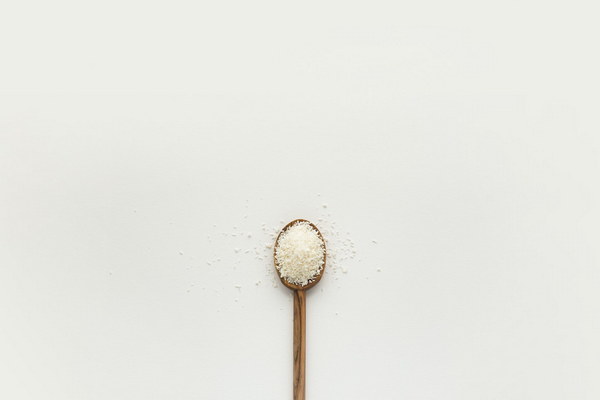How Long After Taking Supplements Should You Avoid Drinking Tea
Incorporating supplements into your daily routine can be a game-changer for your health, but it's essential to understand the timing and compatibility of certain activities, such as drinking tea, with your supplement regimen. One common question that arises is, How long after taking supplements should you avoid drinking tea? Here's a detailed look at why this question matters and the general guidelines you should follow.
The Basics of Tea and Supplements

To start, let's clarify the roles of both tea and supplements in your health. Tea, especially green tea, is known for its high content of antioxidants and polyphenols that can boost metabolism, improve brain health, and reduce the risk of chronic diseases. On the other hand, supplements are designed to fill nutritional gaps in your diet, providing essential vitamins, minerals, and other nutrients that may not be adequately supplied by food alone.
The Interaction: Why It Matters
The primary concern when it comes to drinking tea after taking supplements is the potential interference of the polyphenols in tea with the absorption of certain nutrients. For instance, green tea contains tannins, which can bind to minerals like iron, calcium, and magnesium, thereby reducing their absorption. This can be particularly problematic for individuals who are already at risk of mineral deficiencies.
The General Guidelines
The general recommendation for avoiding tea after taking supplements is to wait for at least an hour. This window of time allows the body to absorb the nutrients from the supplements before the tannins in the tea interfere. However, it's important to note that these are general guidelines, and individual factors may affect the absorption rates.
Individual Factors to Consider
1. Type of Supplement: Some supplements are more susceptible to interference from tea. For example, iron supplements are particularly vulnerable to the tannins in tea.
2. Type of Tea: Green tea has a higher concentration of tannins compared to black or herbal teas. However, it's worth noting that all types of tea can affect nutrient absorption to some extent.
3. Your Body's Response: Some individuals may be more sensitive to the effects of tea on nutrient absorption than others. Paying attention to how your body responds can help you adjust your routine accordingly.
Alternative Timing Strategies
If you're looking to maximize the benefits of both supplements and tea, consider the following strategies:
- Separate Intake: Take your supplements in the morning, followed by a meal or drink that doesn't contain caffeine or tannins, such as water or milk.
- Tea After Meals: Enjoy your tea after meals when the body's digestive processes are busy, potentially reducing the impact of tannins on nutrient absorption.
- Herbal Tea: Opt for herbal teas that are less likely to interfere with nutrient absorption.
Conclusion
While there's no one-size-fits-all answer to how long after taking supplements you should avoid drinking tea, waiting for at least an hour is a safe starting point. Remember to consider the type of supplement, the type of tea, and your individual response. By being mindful of these factors, you can ensure that both your supplements and tea contribute positively to your health and wellness journey.









